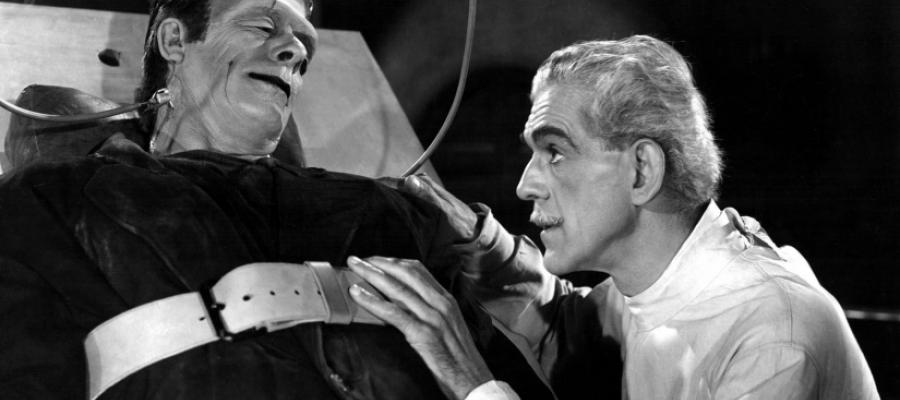How Fiction Shapes Us
Nov 25, 2012A good novel can do many things. It can distract us from the humdrum of daily existence, stimulate our imaginations, and delight us with its creative use of language.

With its 200th anniversary fast approaching in 2018, it might be time to revisit Mary Shelley's Frankenstein.
In this audio clip from ABC, academics in the "Philosopher's Zone" discuss major themes and the predominant philosophies of the novel's day. Drawing from Shelley's Calvinist upbringing and prevalent ideas of the Romantic period, the hosts expand upon one-dimensional analyses of the novel, including analyses of the novel as a story about birth envy or as a cautionary tale against bold, scientific endeavors. Instead, as one participant of the discussion argues, the novel chiefly displays the psyche of someone "psychically tormented by the fear of death."
But what do you think of this anaylsis of Frankenstein? Do you buy it? Listen to the audio or read the transcript of the conversation here:
http://www.abc.net.au/radionational/programs/philosopherszone/its-alive-...
Comments (1)
Harold G. Neuman
Tuesday, October 31, 2017 -- 1:03 PM
I do not know much ofI do not know much of Calvinism. The things I have heard do not dispose me to favor it. But, here's my take, right or wrong: Mary Shelley may have been a tortured soul, or she may have been as well-adjusted for her time and circumstances as anyone. 1818 was no longer the time of great tribulations fermented by the Church and its inquisitions. The world was mostly through with all that nonsense. Surely, we could spend time in the psychoanalysis of Ms. Shelley. But what useful information might that exercise procure? I prefer to appreciate the imagination which spawned a classic story. Call me minimalist. Precisely.